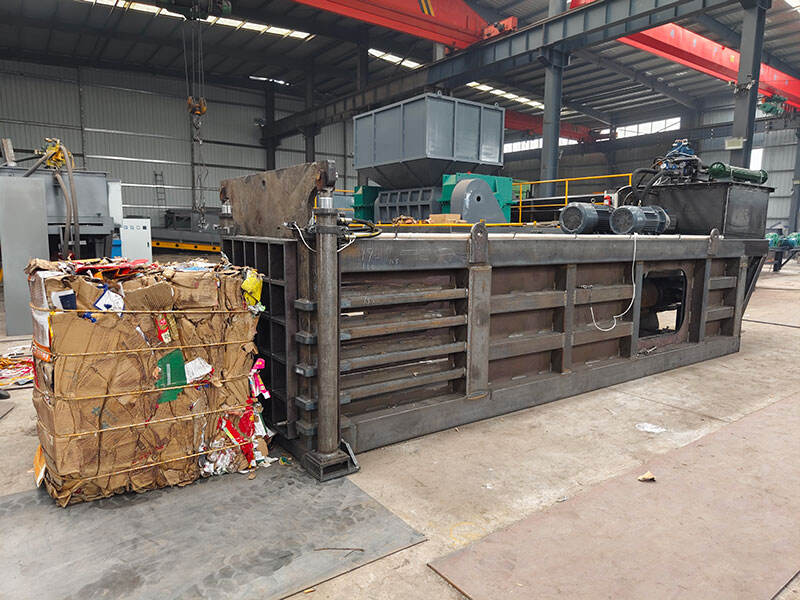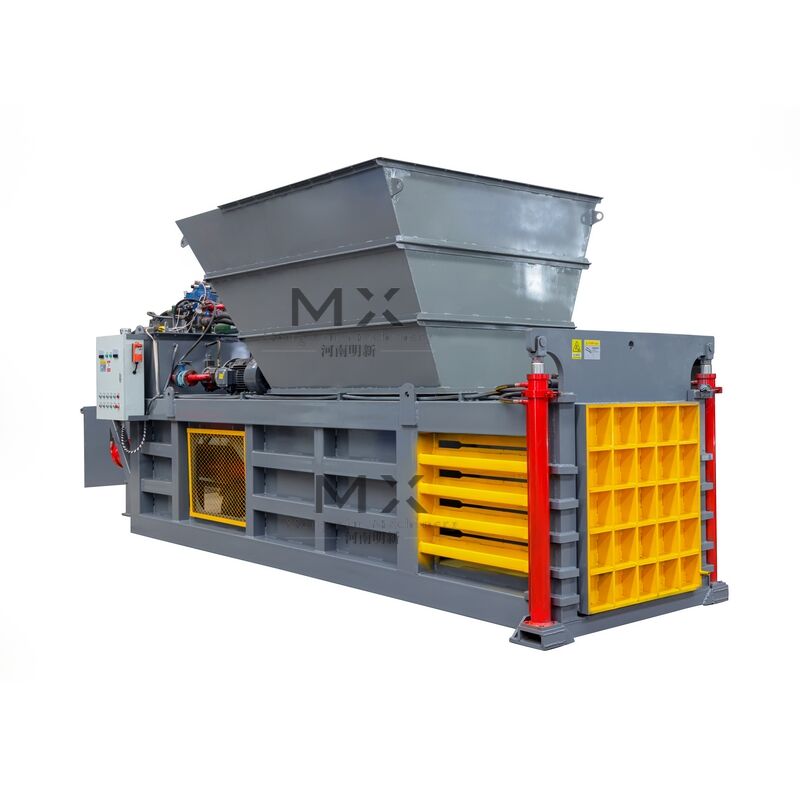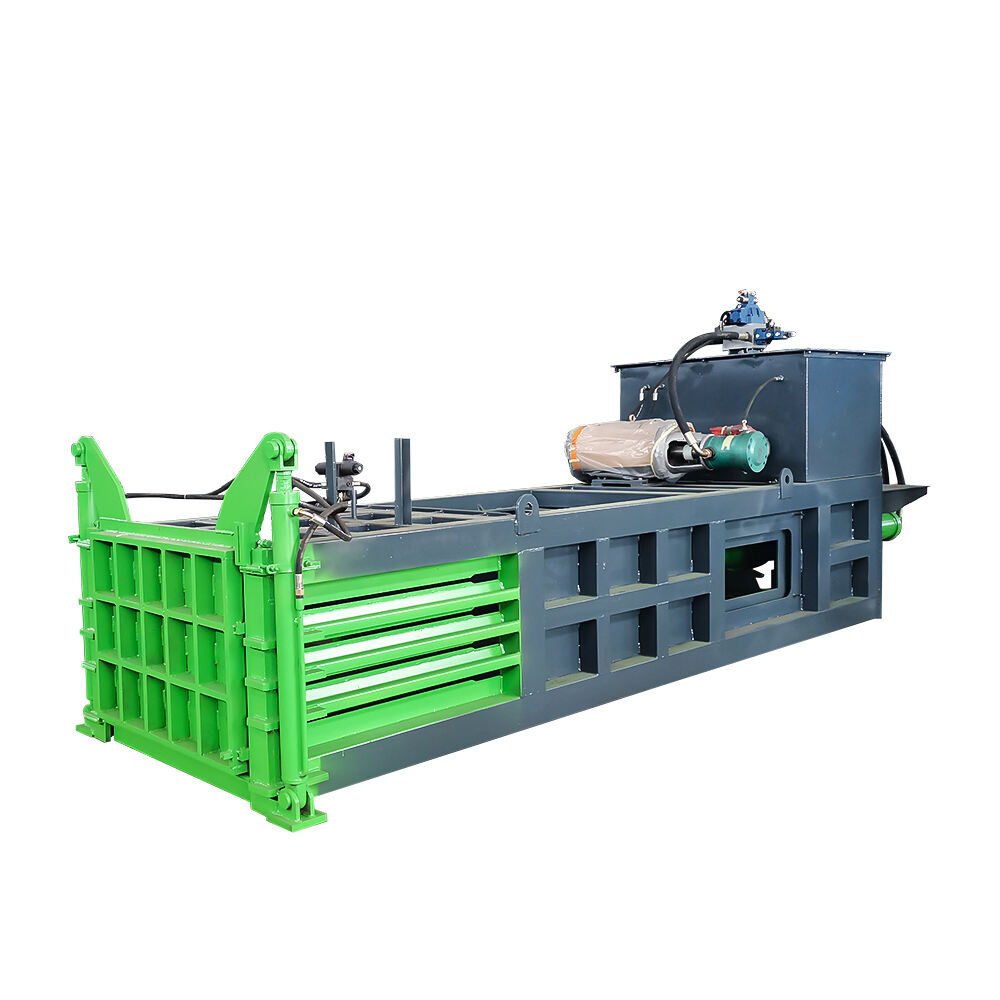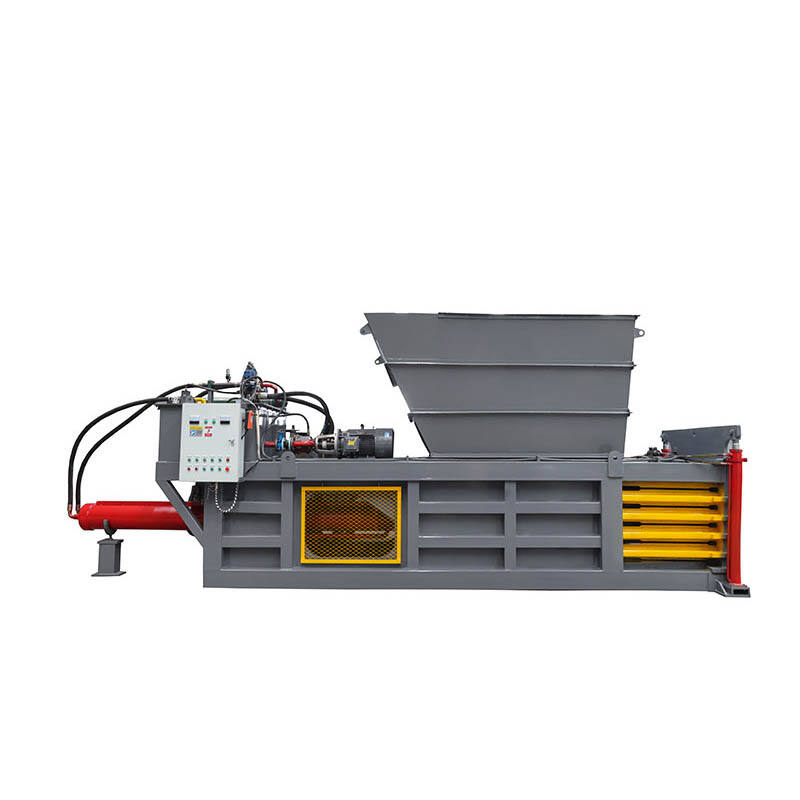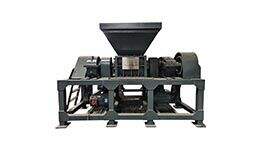A Comprehensive Guide to Waste Paper Balers
Waste paper balers are an essential component in the recycling industry, significantly contributing to waste management and environmental sustainability. These machines compress large volumes of waste paper into compact bales, making storage, transportation, and recycling more efficient. In this guide, we will explore the functionality, benefits, and applications of waste paper balers.
What is a Waste Paper Baler?
A waste paper baler is a piece of machinery designed to compress and bind paper waste into dense, manageable bales. These bales are easier to handle, transport, and recycle, reducing the space required for waste paper storage and the costs associated with disposal.
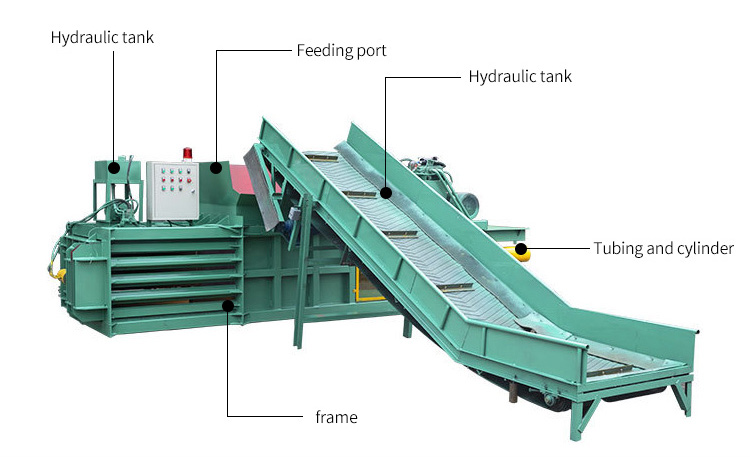
Types of Waste Paper Balers
There are several types of waste paper balers, each suited to different volumes and types of paper waste:
- Vertical Balers: These are ideal for smaller operations and facilities with limited space. They are manually loaded and compress the paper waste from the top down.
- Horizontal Balers: These are used in larger operations and can handle higher volumes of waste. They can be manually or automatically fed and compress the waste from the sides.
- Automatic Balers: These are fully automated systems designed for high-volume operations. They can continuously process large amounts of waste with minimal human intervention.
How Do Waste Paper Balers Work?
The process of baling waste paper involves several steps:
- Collection and Sorting: Waste paper is collected and sorted to remove contaminants and separate different types of paper.
- Feeding: The sorted paper is fed into the baler. This can be done manually or via conveyor belts in automated systems.
- Compression: The baler compresses the paper into a dense bale using hydraulic or pneumatic pressure.
- Tying and Binding: The compressed bale is tied with wire or plastic straps to maintain its shape.
- Ejection: The finished bale is ejected from the baler and is ready for transport to recycling facilities.
Benefits of Using Waste Paper Balers
Environmental Benefits
- Reduces Landfill Waste: By compacting waste paper, balers significantly reduce the volume of waste that ends up in landfills.
- Promotes Recycling: Compressed bales are easier to transport and process, encouraging recycling efforts and reducing the need for new raw materials.
- Conserves Resources: Recycling paper saves trees, water, and energy, contributing to the conservation of natural resources.
Economic Benefits
- Cost Savings: Reducing the volume of waste lowers transportation and disposal costs. Businesses can also generate revenue by selling baled paper to recycling companies.
- Efficient Waste Management: Balers streamline waste management processes, saving time and labor costs.
- Space Optimization: Compressed bales take up less space, freeing up valuable storage areas in facilities.
Operational Benefits
- Improved Safety: Balers help keep work areas clean and organized, reducing the risk of fire hazards and workplace injuries.
- Enhanced Productivity: Automated balers increase processing speed, allowing businesses to handle larger volumes of waste more efficiently.
- Compliance with Regulations: Using balers can help businesses comply with waste disposal regulations and environmental standards.
Applications of Waste Paper Balers
Waste paper balers are used across various industries, including:
- Recycling Centers: Central to the operations of recycling facilities, balers process large quantities of paper waste.
- Retail and Distribution: Retailers and distribution centers generate significant amounts of cardboard and paper waste, which can be efficiently managed using balers.
- Office Buildings: Offices produce large volumes of paper waste, and balers help manage this waste effectively.
- Printing and Publishing: The printing industry produces substantial paper waste, making balers an essential tool for recycling efforts.
Conclusion
Waste paper balers play a crucial role in modern waste management and recycling practices. By compressing and binding paper waste, these machines make recycling more efficient, reduce environmental impact, and offer significant economic and operational benefits. As businesses and industries continue to prioritize sustainability, the use of waste paper balers will remain a key strategy in managing paper waste responsibly.
Recommended Products
Hot News
-
Diverse Applications of Waste Paper Balers in Various Industries
2024-07-23
-
Hot Sale PVC Pulverizer Paper Wood Pallet Plastic Crusher Machine Double Shaft Shredder
2024-06-21
-
Scrap Metal Shredder Machine: A Powerful Tool For Processing Metal Waste
2024-06-18
-
Plastic lump textile metal shredder machine
2024-06-15
-
Introducing the Mighty Metal Shredder Machine
2024-05-25
-
Tire Shredder for Tire Recycling | Tire Shredding Systems
2024-06-04
-
Scrap Metal Shredder Machine: A Powerful Tool For Processing Metal Waste
2023-10-10
-
Embrace Sustainability: The Power Of Tire Recycling
2023-10-10
-
Industrial Shredding Machinery: A Growing and Diversifying Market
2023-10-10

 EN
EN
 AR
AR
 NL
NL
 FR
FR
 DE
DE
 EL
EL
 HI
HI
 IT
IT
 JA
JA
 KO
KO
 PT
PT
 RU
RU
 ES
ES
 IW
IW
 ID
ID
 VI
VI
 TH
TH
 TR
TR
 LA
LA
 TG
TG
 UZ
UZ
